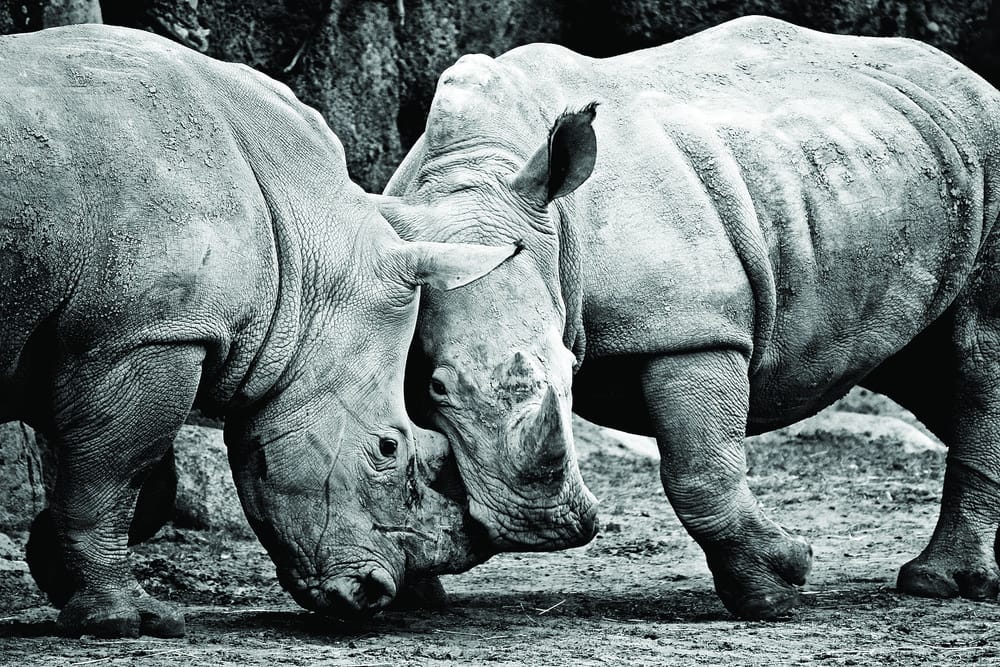This week’s science picture
Our regular science column

Conservationists have launched a worldwide campaign asking the public to help combat illegal wildlife trade. Despite efforts to prevent the billion pound industry, it continues to grow. A recent increase in poaching threatening species has raised concerns about the long-term survival of iconic animals such as elephants and rhinos. Shockingly, rhino horn today can reaches a price of £45704.47 per kg – more than the price of gold. Crime prevention agencies compare criminals targeting wildlife to human traffickers. The illegal industry must be stopped. The Taronga Conservation Society in Australia developed a smartphone app called Wildlife Witness. It allows the public to submit images and data of suspicious items on sale in partnership with Traffic, the wildlife trade monitoring network. Originally the app’s focus was South East Asia, however Chester Zoo aims at raising awareness across Europe. San Diego Zoo will do the same in the US. This campaign allows people to take action so Traffic can identify trends in wildlife trade to influence enforcement policies.









